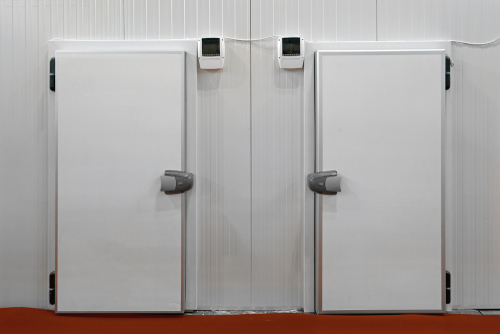A Complete Guide to Industrial Chiller and Refrigeration Systems

Industrial chiller and refrigeration systems play a crucial role in various industries, including manufacturing, food processing, and pharmaceuticals. These systems are designed to cool or freeze products, maintain specific temperature ranges, and enable efficient operations. In this article, we will provide a complete guide to industrial chiller and refrigeration systems, covering their components, types, working principles, and maintenance.
Components of Industrial Chiller and Refrigeration Systems
Industrial chiller and refrigeration systems are composed of several key components that work together to achieve the desired cooling or freezing effect. These components include compressors, condensers, evaporators, expansion valves, and refrigerants.
Compressors are the heart of the system and are responsible for compressing the refrigerant gas, increasing its pressure and temperature. Condensers, on the other hand, are responsible for releasing heat from the refrigerant gas through the condensation process, resulting in the formation of a high-pressure liquid. Evaporators, located within the cooling chambers, facilitate heat transfer from the product or space to the refrigerant, causing it to evaporate and absorb heat, thus cooling the surrounding area. Expansion valves control the flow of refrigerant and maintain a constant pressure difference between the high-pressure side (condenser) and the low-pressure side (evaporator).
Types of Industrial Chiller and Refrigeration Systems
There are various types of industrial chiller and refrigeration systems available, each with its own unique characteristics and applications. The two most common types are air-cooled and water-cooled systems.
Air-cooled systems are more commonly used in smaller industrial applications and are ideal for environments with sufficient air circulation. These systems rely on air to cool the refrigerant in the condenser, which is then released back into the surrounding environment. Water-cooled systems, on the other hand, are suitable for larger-scale applications where airflow may be restricted. They use water as the cooling medium, circulating it through the condenser to remove heat.
Working Principles of Industrial Chiller and Refrigeration Systems
The working principles of industrial chiller and refrigeration systems are based on the fundamental concepts of thermodynamics. By manipulating the pressure and temperature of a refrigerant, these systems can effectively transfer heat from one area to another, resulting in cooling or freezing. The cycle begins with the compressor, which raises the pressure and temperature of the refrigerant gas. The high-pressure gas then flows into the condenser, where it releases heat to the surrounding environment and liquefies. The liquid refrigerant then passes through the expansion valve, where its pressure and temperature drop significantly. This low-pressure liquid then enters the evaporator, where it absorbs heat from the product or area being cooled, causing it to evaporate. The cycle repeats as the vaporized refrigerant returns to the compressor.
Maintenance of Industrial Chiller and Refrigeration Systems
Proper maintenance is essential to ensure the efficient and reliable operation of industrial chiller and refrigeration systems. Regular maintenance tasks include cleaning and replacing air filters, inspecting and tightening electrical connections, checking refrigerant levels, and cleaning condenser and evaporator coils. It is also important to monitor system performance, including temperature and pressure readings, to identify any potential issues before they lead to a breakdown. Routine maintenance should be carried out by trained professionals to ensure adherence to manufacturer guidelines and prevent the voiding of warranties.
Summary
Industrial chiller and refrigeration systems are indispensable in many industries, providing essential cooling and freezing capabilities. By understanding their components, types, working principles, and maintenance requirements, businesses can make informed decisions regarding the installation and operation of these systems. Regular maintenance and adherence to recommended guidelines will ensure the longevity and optimal performance of industrial chiller and refrigeration systems, ultimately contributing to the success and productivity of various industries.
